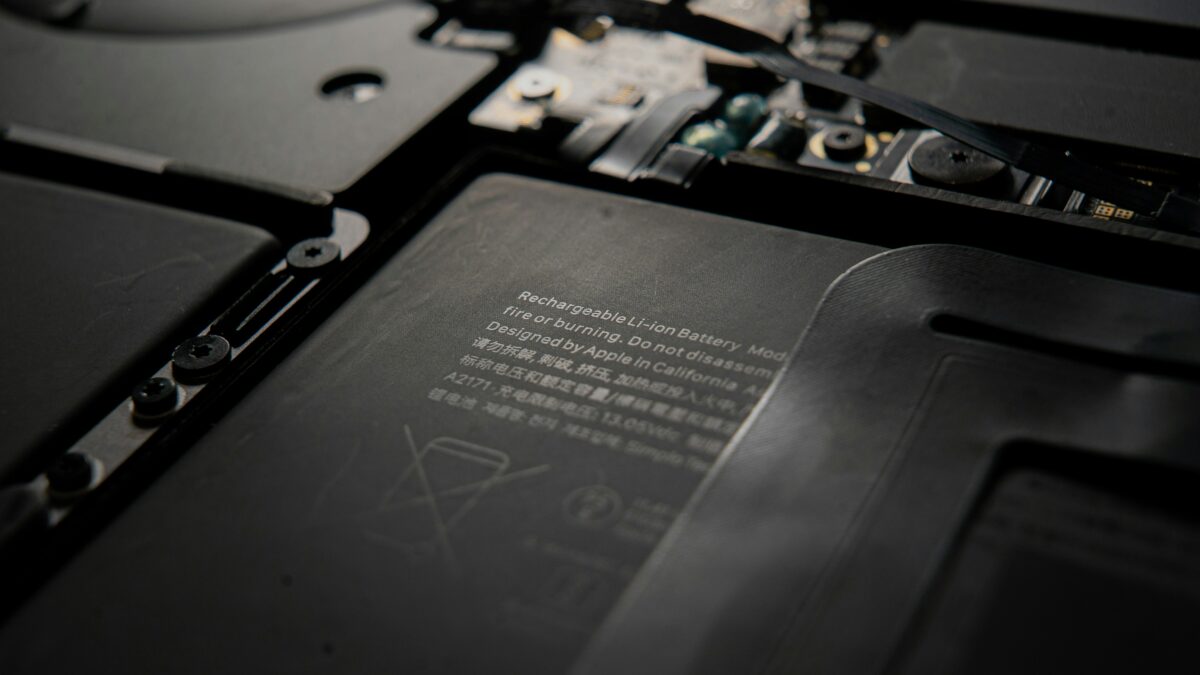Repair vs. Trade-in Your Older Vehicle
You wake up to a busy day filled with appointments, and you race outside only to find your ancient car won’t start. Or perhaps you’re leaving the grocery store with the ingredients for a dinner party and your vehicle has left you stranded. The days spent in the garage and the cost of those repairs is making you wonder whether you should continue to repair your vehicle or trade-in for a new ride.
Calculating the true cost of repairs
One of the common views about repairing a vehicle over trading it in is often heard in the statement, “At least it costs less than a car loan payment.” Many owners justify their decision to keep a car because each repair is less expensive than making a monthly loan payment. However, it’s important to figure out if this view is accurate.
Most car repairs today cost an average of $500 to $600 with many going much higher as part of the cost for owners, according to AAA. Compare that to the average monthly payment for a new car loan, which is around $575, and you can see why someone might prefer one repair in a year over a car payment every month.
If you find that you’re making multiple repairs in a year or that the cost is well above the average, you might want to consider a trade-in. Don’t forget to add in the added expense of renting a vehicle to drive until yours is repaired or the missed days of work if you can’t get there.
On the other hand, you might not like the idea of being in debt for $20,000- $30,000. Particularly when your vehicle can easily be repaired. There is no right or wrong answer on this question, but here are a few things to consider on both sides.
Repair your car vs. trade-in
Pretty much any repair is less expensive than buying a new or newer used model. If you buy a more recent used car, you could end up with a whole new set of problems. You also have the registration and licensing fees, along with personal property tax for the states that collect it.
You also don’t have to worry about depreciation with your current ride. It already depreciated most of the value during the first year of ownership. Repairing your car makes sense if you’re saving up for a new car in the next year or two. Also, if you need to repair your credit to get a better interest rate.
Trade-in benefits
There are just as many reasons to argue for a new vehicle as to keep your current one. While most of these arguments aren’t about saving money, they are about peace of mind.
Choosing to trade-in your vehicle might be the best decision if you’re getting tired of breakdowns. This is probably causing major stress in your life. Of course, this option will only improve your life if you get a model that is still under warranty.
If you’re losing time at work, using all your vacation time on those days when you can’t get into work, or if you struggle to find transportation when your car is in the shop, it may be time for a trade in. Sometimes the decision is based on more than just the financial aspect. Your peace of mind and less stress are two great reasons to opt for a new model.
The decision to repair or trade-in is a consideration every time something goes wrong on your vehicle. To be proactive, talk to your mechanic. Ask them about any repairs they see in the near future and estimated costs. Armed with that information, you can decide whether it’s time to trade or start saving money for the next repair.
















Repairs take a lot of time and money! I rather trade it in and get something reliable if I am having too many issues with my car needing repairs.